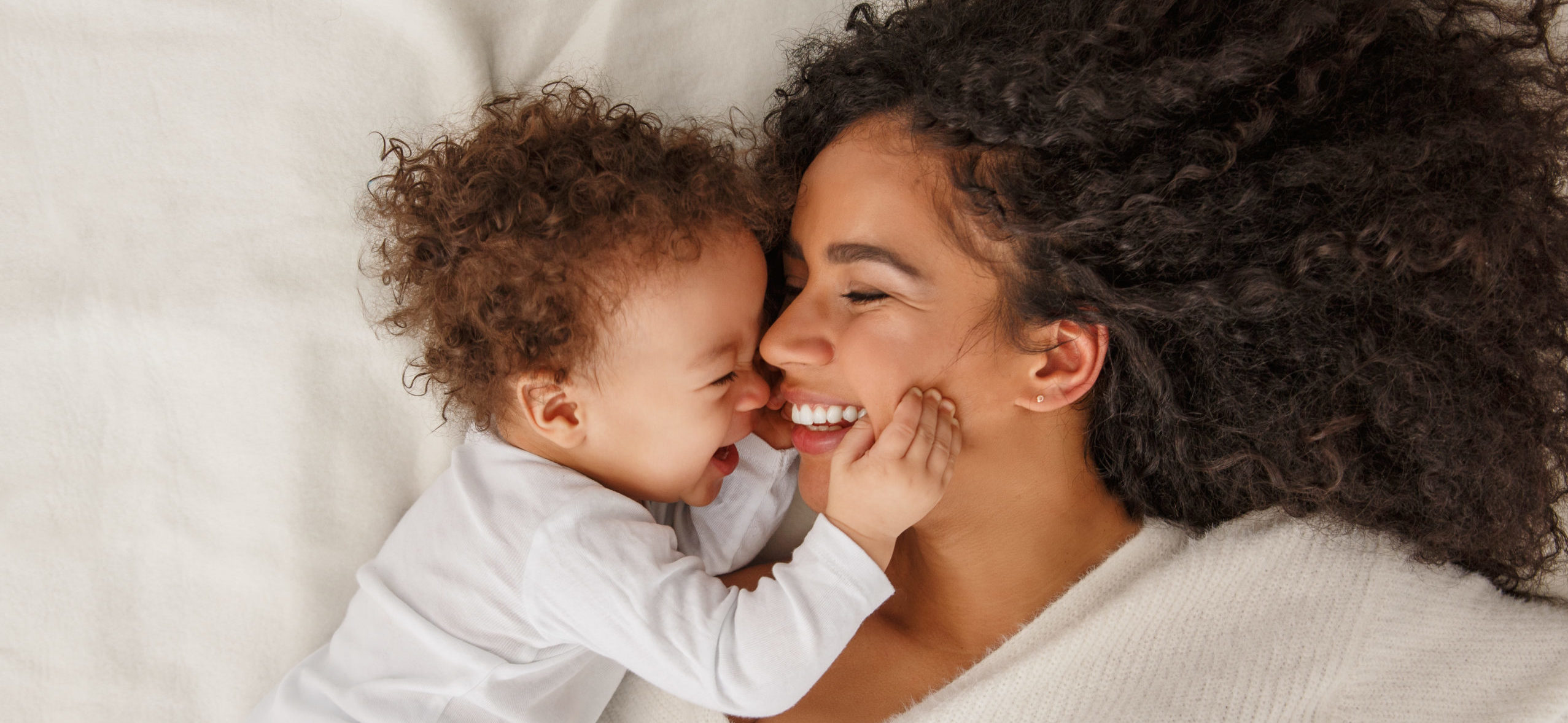Blog


Developmental Milestones for 6-12 Months
The second half of your child’s first year can be just as important as the first. There are certain milestones you’ll want to look out for to see how they are developing. Remember that every child develops differently — it’s not uncommon for a child to miss one or two of these milestones, and most will pick them up in the next month or two. But, if you’re worried that your child isn’t meeting these developmental milestones, an early intervention evaluation can help, even if it’s simply to give you peace of mind that they are developing as they should.
6 Month Milestones
At six months, your child should be able to sit up for short periods of time without your support and will likely be able to control their head much more. They should also be able to roll from their tummy to their back and may even try to move by crawling with their arms.
They should also be able to grab, bang, mouth, and shake objects they are interested in. They will also show interest in musical toys and make their own music by making babbling sounds
Your child will also begin to show a real interest in food and want to try more solid foods.
They will also start forming a strong attachment to you and begin to know the difference between you, other caregivers, and strangers.
7 Month Milestones
At 7 months, your child will start exploring and start to get up on all fours. But while they may be able to support themselves for a moment, their balance isn’t the best and they will likely fall on their sides.
At this point, they will also have full-color vision, be able to see distant objects, and track moving objects. They should also:
- respond to their name
- babble when others are talking
- string together a few consonants
- understand emotions by a tone of voice
Once they are 7 months, they should also be able to reach for things with one hand, find partially hidden objects, and enjoy playtime with other children.
They will also rarely spend time on their back which may make diaper changing a little difficult!
8 Month Milestones
By 8 months, your child can crawl around on their hands and knees and will likely be able to sit without help from anyone.
They’ll also be able to pick up smaller objects and move things with their hands without dropping them.
Additionally, they should be able to:
- uncover hidden toys
- stand with a little help
- bang toys together
- play games like peekaboo
In terms of eating, they’ll want to start chewing and feeding themselves or at least holding their own bottle.
They will also be able to look for members of the family and some could display separation anxiety which may bring on some tears.
9 Month Milestones
Once your child is at 9 months, they should be able to crawl from place to place and pull themselves up to stand with the help of furniture. They may even be able to pull themselves on top of furniture, so you’ll definitely want to keep a close eye on them while they’re on the move.
They should also be at the point where they can take a few steps if you hold their hands. You should also be on the lookout for them to:
- point at objects
- watch objects as they fall
- pick up objects with their thumb and forefinger
- have a favorite toy
In terms of talking, your child should be able to put multiple syllables together, understand “no” and other simple commands, and mimic sounds and gestures. Nine months is also typically where children start to develop a slight fear of strangers.
As for eating, they will likely be at the stage where they can hold, bite, and chew food.
10 Month Milestones
At 10 months, your child is likely to be quite active. They will crawl, stand with support, sit for as long as they want, shuffle their feet while holding onto furniture, wave goodbye, and repeat actions that get a reaction out of you.
They will begin to call you “mama” or “dada”, follow pictures in books, and be able to hold their bottle. They will also try to hold a spoon.
12 Month Milestones
Once your child gets to 12 months (or a year), they will be much more independent. They should be able to get around safely and will practice standing without support. They may even take a step or two without help. You may also find your child in places and not be sure how they got in there!
Their personality will also continue to grow. They will usually say their first words during this time and enjoy music. They should also be able to grab and throw objects and use body language like waving or pointing to communicate.
Twelve months should also be the time when they are feeding themselves using their hands and fingers. They may also start to learn the uses for things like a cup for drinking or a brush for their hair.
At this stage, they should also be able to respond to simple commands, imitate your words, and find hidden objects pretty easily. This is the time when they will also show a preference for some people over others.
If you’re worried that your child isn’t meeting these developmental milestones, an early intervention evaluation can help give you the peace of mind you’re looking for. About Play is one of South Carolina’s leading early intervention providers. Give us a call or contact us online today for more information.

